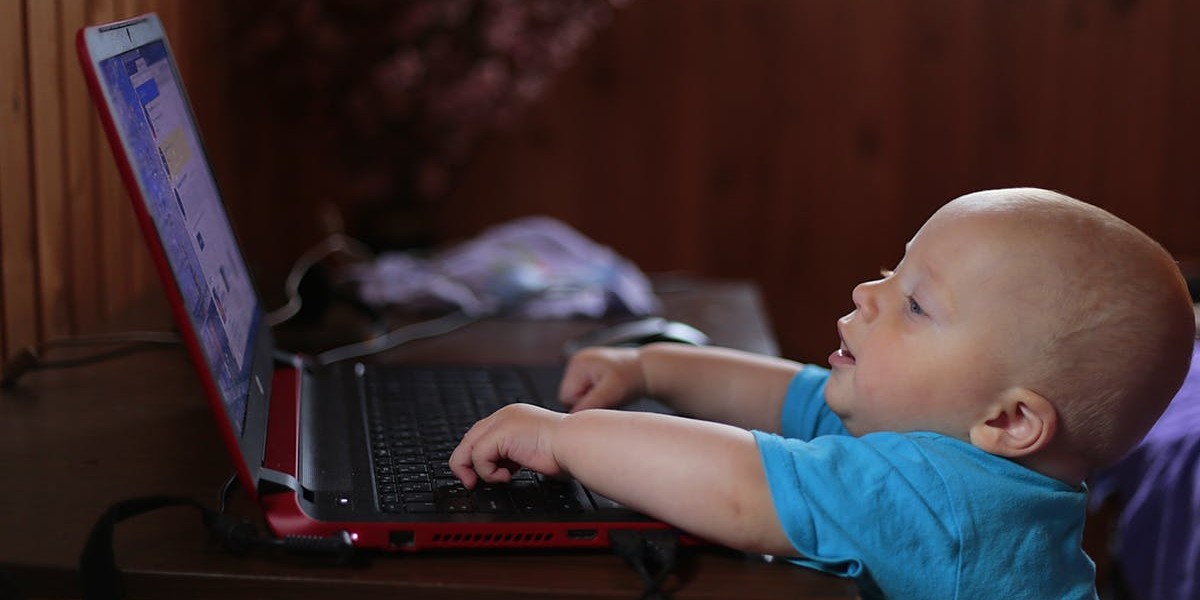4 Tips & Hacks for Kids: Develop Empathy & Emotional Intelligence
Start With the Difficult Emotions: Sadness, Anger, and Frustration
1. Focus on Sadness, Anger, and Frustration First
Our job as parents is to keep our children safe and protected right? Shouldn’t we do our best to surround our kids with love and happiness at all times? No. Not finding the right balance of emotional understanding and balance earlier in their lives will cause a state of subconscious imbalance as they become older kids and young adults. Focus on the difficult emotions: work on sadness, anger, and frustration. Why? Happiness and smiles come naturally and easily to young ones. The emotions on the other end of the spectrum are much harder to understand and develop.
2. Use real life examples.
If you have been around other children, you will have a ton of opportunities to witness other kids having temper tantrums and meltdowns. If you take your children to play areas and parks, you will see your fair share of toddlers cry when they fall or get hurt. I will then squat down and have a whispered conversation with my own child. “How do you think she feels”? Or “What could you do to make her feel better?” “Why do you think he is so upset or frustrated”? Just talking about it is critical. Over time, they start to realize that they do not live in separate universe where the world revolves around them. They learn that other people can have the same negative emotions or feelings that they can’t express.

3. Be prepared with emotional tools & outlets.
When I was a child, I punched a hole in the wall of my closet because I was angry. I can’t even what it was about but what I do remember is that my mom didn’t say anything about it nor did she get it plastered up and fixed. Instead, to this day, that closet had a white cardboard with the word “PATIENCE” written on it. I never bothered to take off that sign but I never punched anything else after that either.
For times of anger or frustration, we have a punching bag at home just for our child. He can use it to play or if he gets upset and needs an outlet. Some children respond to coaxing with deep breathing methods. Some kids want you to hold them and hug them until they feel better. Other kids do better by giving them their space and time to themselves. Don’t rush the process. Don’t avoid the negative emotion. They’ll just bottle it up and explode on you in some other fashion later. Encourage them to talk about it. After they feel better, discuss what things they can do the next time they feel that way.
4. Parents must learn empathy before they can teach empathy.
During my nearly two decades working with patients, I’ve learned to become better and better at relating to my patients and understanding what and why they are feeling the way they feel. For you to teach empathy and emotions, you must be comfortable using the terms and phrases.
For instance, if a close friend of yours tells you that a family member passed away recently, you probably would say something like, “I am so sorry to hear that. I’m sure you must be devastated. Is there anything that I could do to help you during this difficult moment”? To a toddler or child, something simple as not getting to play with their favorite toy because it’s past bedtime could be an equivalent crisis in their eyes. You will need to respond in kind with that understanding.
How important is this to your child? It is not about how important it is to you as a fully grown adult parent. You have just devastated their world. Something helpful could be: “I am sorry to see that you are so upset about this. I can tell that you are very frustrated. I wish that I could let you play with your toys in the daytime, at night and even when you sleep…but I can’t do that.” “I know you’re angry right now because I’m not letting you have what you want but I still really love you.” If that sounds odd to say to your child, then guess what? You need more practice learning child-directed empathy before you can expect your child to be emotionally more mature.

5. See through the Lens of Your Child
You must see the world through the lens of your child. Empathy, emotions, cognitive and impulse control are all not fully developed in youngsters until their 20s, as that is the age when the prefrontal cortex fully develops.
Believe me, it gets easier and easier each time you do it. Then, you don’t even have to think about it. You will just do it on auto-pilot and your kids will feel that their parents really do understand them and love them, even if they don’t always get what they want.








